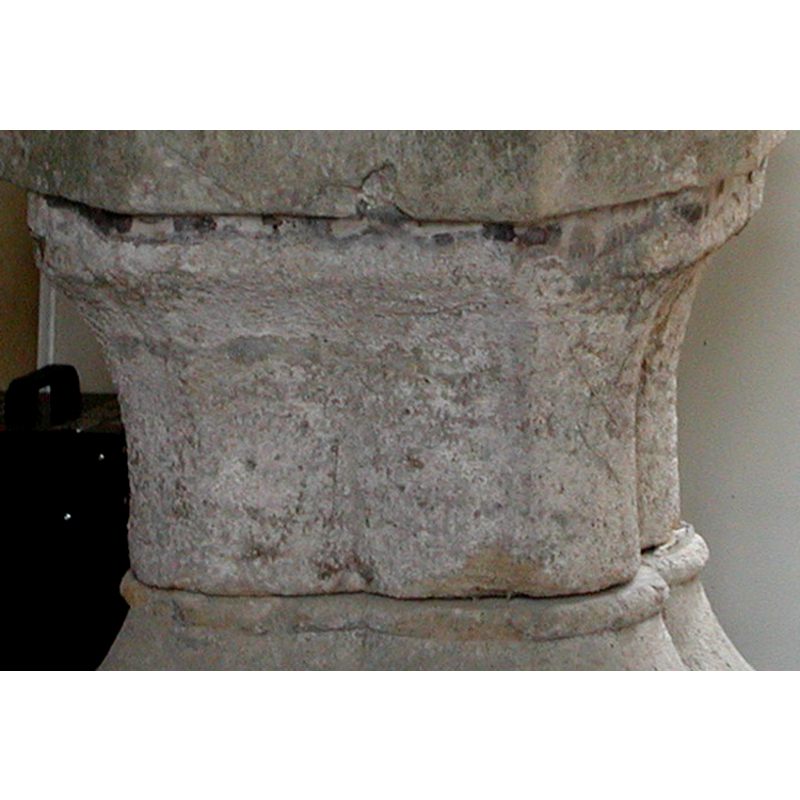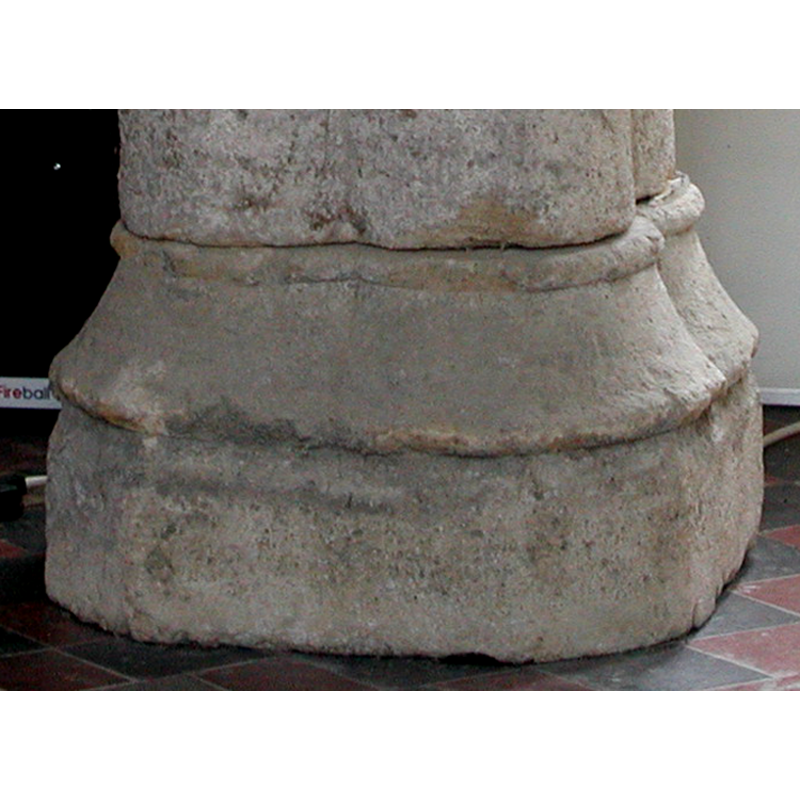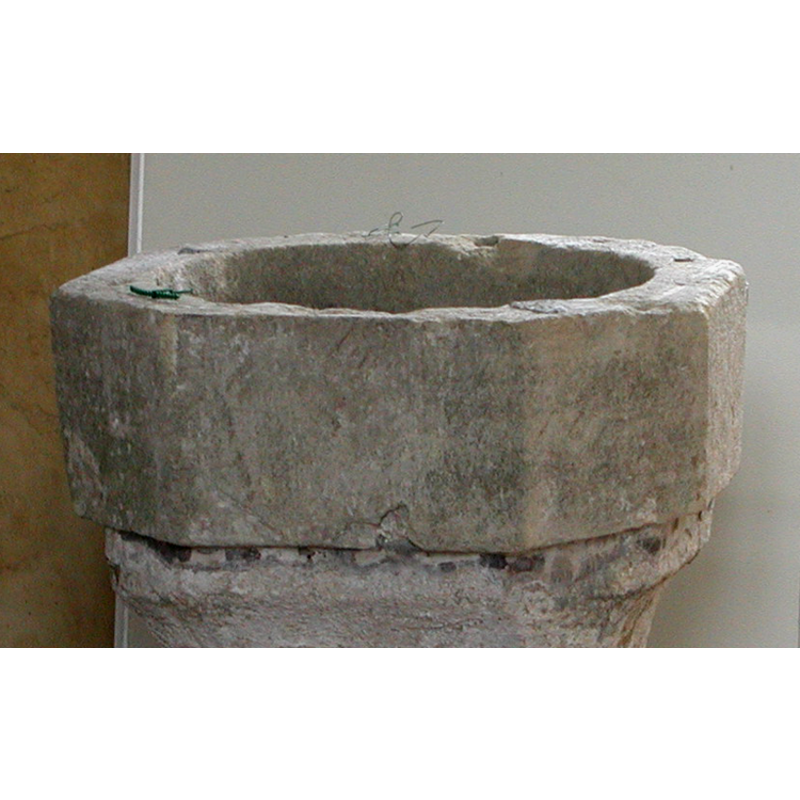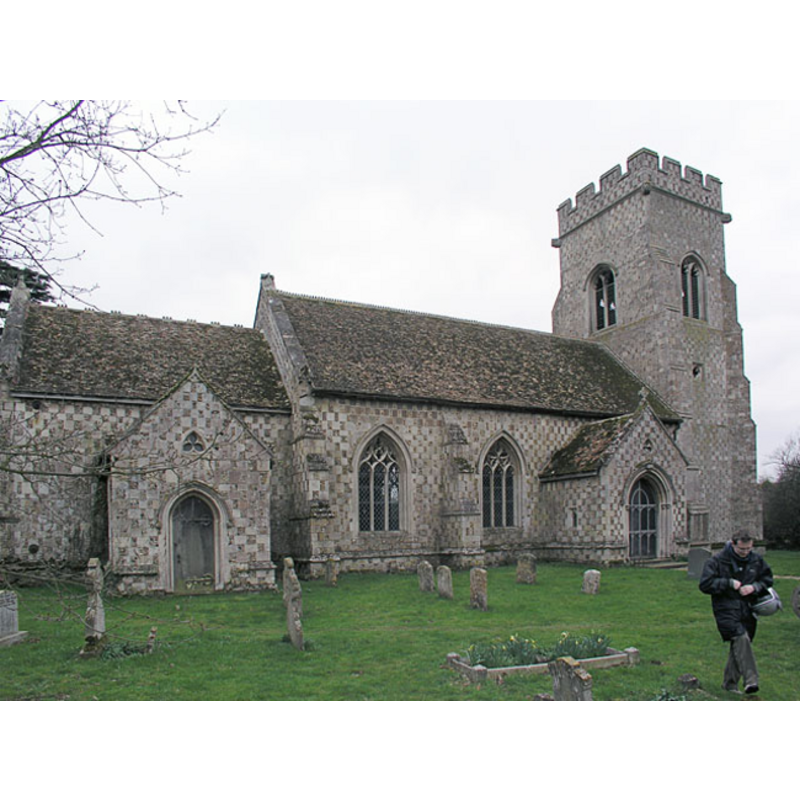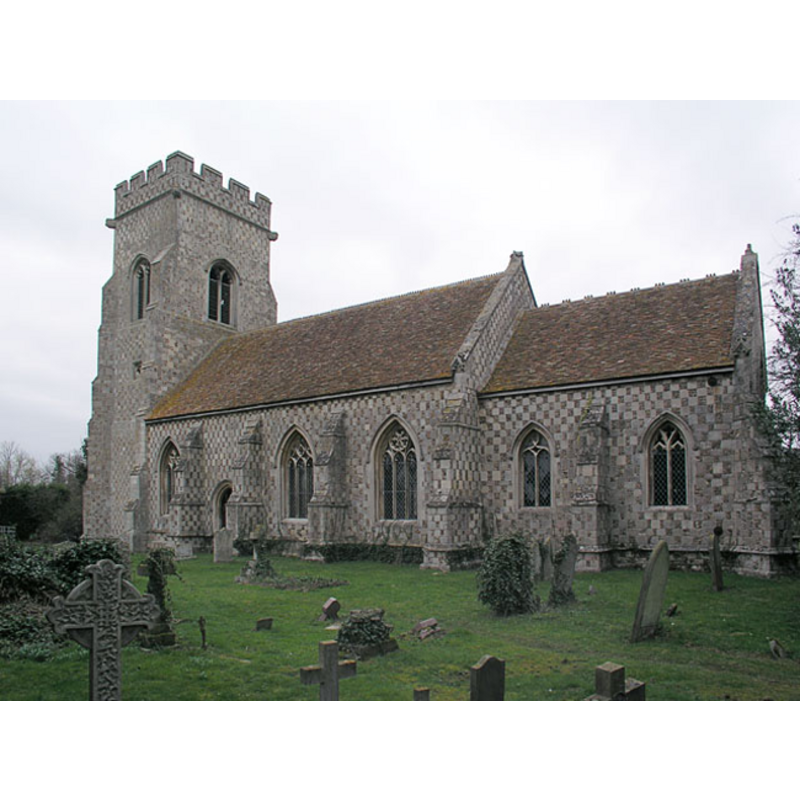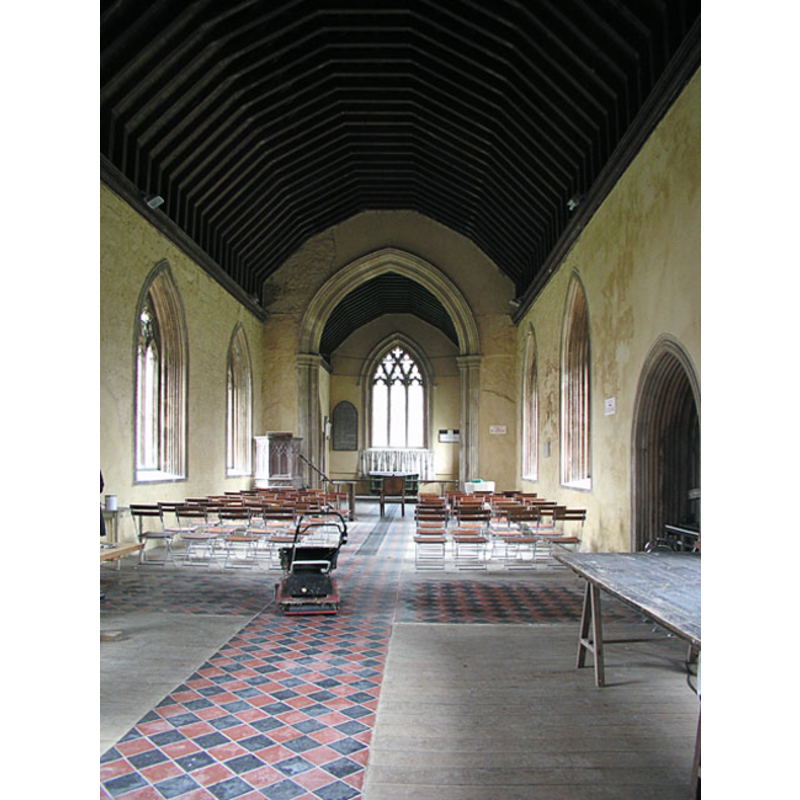Papworth St. Agnes / Papeswerd / Papeuuorda / Papeuuorde / Papeworde
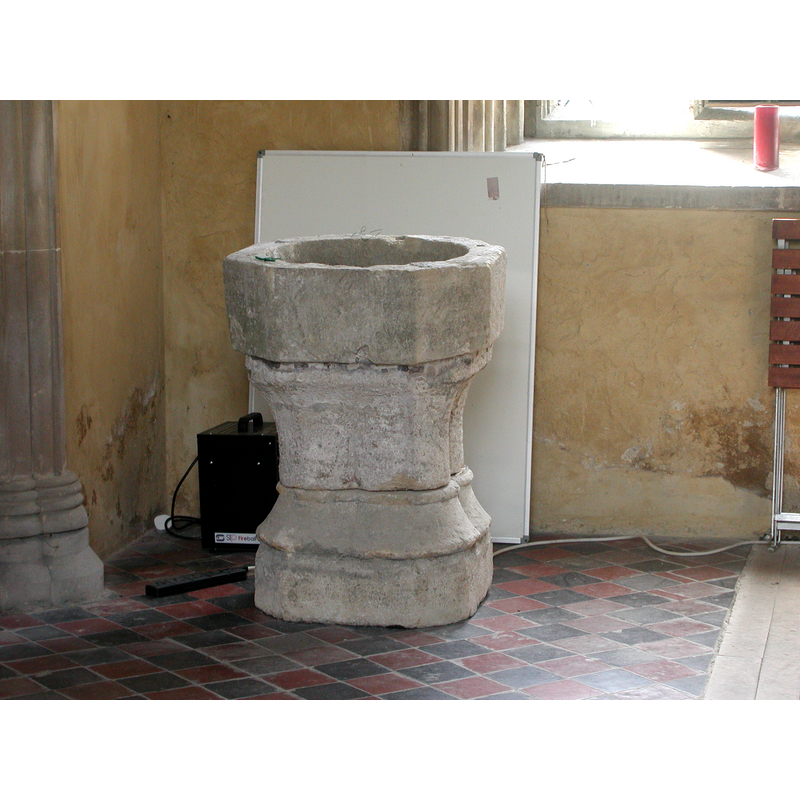
Image copyright © Colin Hinson, 2008
Standing permission
Results: 9 records
CR01: design element - motifs - roll moulding
Scene Description: a thick one, around the tops of the columns of the stem
Copyright Statement: Image copyright © Colin Hinson, 2008
Image Source: digital photograph by Colin Hinson, 2005 [www.genuki.org.uk]
Copyright Instructions: Standing permission
LB01: design element - architectural - column
Scene Description: clustered columns form the stam of the base
Copyright Statement: Image copyright © Colin Hinson, 2008
Image Source: Colin Hinson [www.yorkshireCDbooks.com]
Copyright Instructions: Standing permission
LB02: design element - motifs - moulding
Scene Description: a thin one at the top of the block, anther one lower down, like a fold
Copyright Statement: Image copyright © Colin Hinson, 2008
Image Source: Colin Hinson [www.yorkshireCDbooks.com]
Copyright Instructions: Standing permission
view of font
Copyright Statement: Image copyright © Colin Hinson, 2008
Image Source: digital photograph by Colin Hinson, 2005 [www.genuki.org.uk]
Copyright Instructions: Standing permission
view of basin
Copyright Statement: Image copyright © Colin Hinson, 2008
Image Source: Colin Hinson [www.yorkshireCDbooks.com]
Copyright Instructions: Standing permission
view of church exterior - north view
Copyright Statement: Image copyright © Mark Ynys-Mon, 2004
Image Source: digital photograph by Mark Ynys-Mon, 2004, in Cambridgeshire Churches [http://www.druidic.org/camchurch/churches/papworthagnes.htm] [accessed 21 November 2007]
Copyright Instructions: Standing permission
view of church exterior - south view
Copyright Statement: Image copyright © Mark Ynys-Mon, 2004
Image Source: digital photograph by Mark Ynys-Mon, 2004, in Cambridgeshire Churches [http://www.druidic.org/camchurch/churches/papworthagnes.htm] [accessed 21 November 2007]
Copyright Instructions: Standing permission
view of church interior - nave - looking east
Copyright Statement: Image copyright © Mark Ynys-Mon, 2004
Image Source: digital photograph by Mark Ynys-Mon, 2004, in Cambridgeshire Churches [http://www.druidic.org/camchurch/churches/papworthagnes.htm] [accessed 21 November 2007]
Copyright Instructions: Standing permission
view of font
Copyright Statement: Image copyright © Andrew Honeybone, 2004
Image Source: www.papworthstagnes.org.uk
Copyright Instructions: PERMISSION NOT AVAILABLE -- IMAGE NOT FOR PUBLIC USE
INFORMATION
Font ID: 10045PAP
Object Type: Baptismal Font1
Font Century and Period/Style: 13th century, Early English
Church / Chapel Name: Parish Church of St. John the Baptist [formerly St. Peter's]
Font Location in Church: Inside the church [cf. FontNotes]
Church Patron Saint(s): St. John the Baptist [earlier, St. Peter?; later, St. Agnes?; now St. John]
Church Notes: The church has been redundant for many years but is used for occasional services, meetings, etc., and looked after by a local trust [cf. the Cambridgeshire Churches web site for details]
Church Address: Papworth St Agnes, Cambridgeshire CB23 3QU
Site Location: Cambridgeshire, East, England, United Kingdom
Directions to Site: Located off the A1198, about 10 km S of Huntingdon
Ecclesiastic Region: Diocese of Eli
Historical Region: Hundred of Papworth
Additional Comments: disappeared font? (the one from the pre-Conquest church here)
Font Notes:
Click to view
There are eight entries for Papworth [Everard and St Agnes] [variant spelling] in the Domesday survey [http://opendomesday.org/place/XX0000/papworth-everard-and-st-agnes/] [accessed 5 July 2016]; there is no mention of a church in any of the entries but two of the them has priests as lords in 1066, Aelfric and Godwin, which probably means there were two pre-Conquest churches there. The RCHM (1968) reported "in the churchyard on S[outh] side: shallow octagonal bowl on shaped and moulded quatrefoil stem; 13th-century." The Victoria County History (Cambridge and the Isle of Ely, vol. 9, 1989) notes: "The church, recorded by 1217 […] The church was called from the 13th century (fn. 86) to the 16th after St. Peter, whose image stood in the chancel c. 1540. (fn. 87) From the mid 18th century it was called ST. JOHN THE BAPTIST […] plain octagonal medieval font was placed in the churchyard when a new one was given c. 1890" [NB: the font has since been moved inside the church]. The baptismal font consists of three parts: apparently octagonal, but actually square, with broadly chamfered corners, basin with rounded edges and plain sides; the basin is raised on a base made of clustered columns below a moulding all around; there are traces of some carving on the sides of this block, but it is too weathered for any motif to be discernible; the lower block has a thin roll moulding all around and splays out below it, keeping to the contour of the columns of the middle block; below that, the sides are vertical and plain; the upper rim of the basin shows signs of damage, perhaps related to the staples of the cover.
Credit and Acknowledgements: We are grateful to Colin Hinson of www.yorkshireCDbooks.com for the photograph of this font.We are grateful to Colin Hinson of www.yorkshireCDbooks.com for the photograph of this font.
COORDINATES
UTM: 30U 695071 5794234
Latitude & Longitude (Decimal): 52.263841, -0.141364
Latitude & Longitude (DMS): 52° 15′ 49.83″ N, 0° 8′ 28.91″ W
MEDIUM AND MEASUREMENTS
Material: stone
Number of Pieces: three
Font Shape: square, mounted
Basin Interior Shape: round
Basin Exterior Shape: square [chamfered angles]
Drainage Notes: no lining
LID INFORMATION
Notes: [cf. FontNotes]
REFERENCES
- Victoria County History [online], University of London, 1993-. URL: https://www.british-history.ac.uk.
- Great Britain. Royal Commission on Historical Monuments (England), An inventory of historical monuments in the County of Cambridge, Woking; London: Printed in England for Her Majesty's Stationary Office by Unwin Brothers Unlimited, 1968, vol. 1: p. 199
